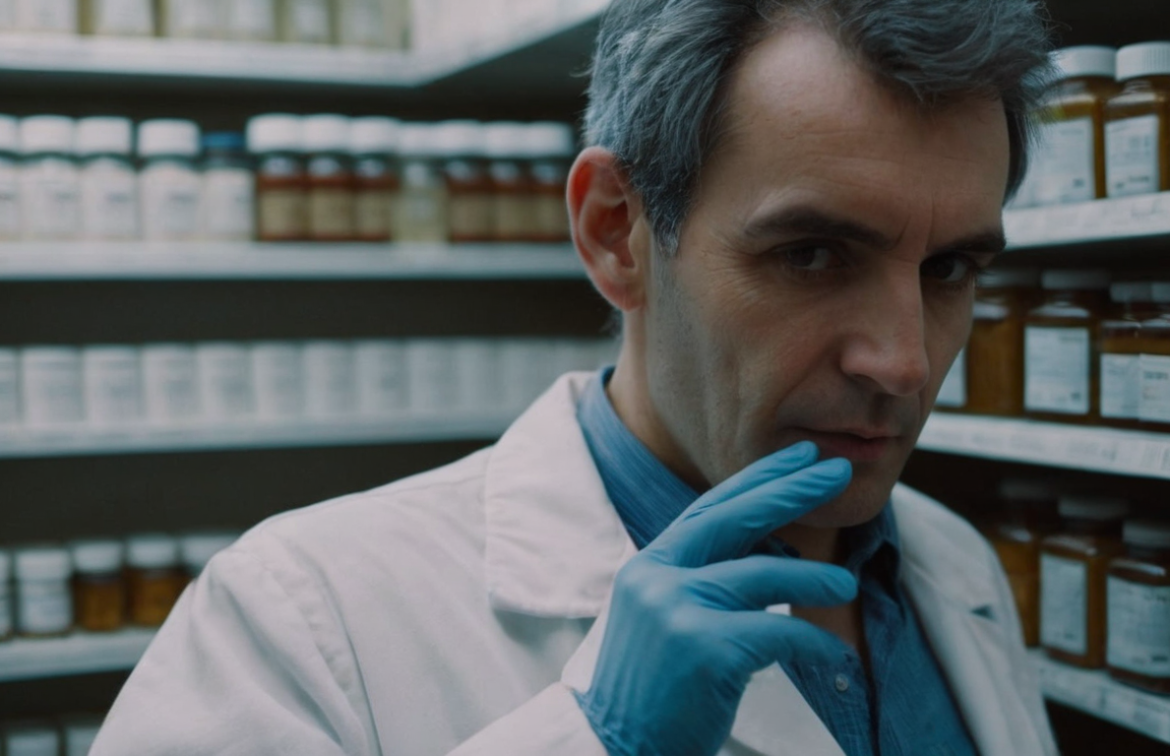The question of using antibiotics to treat methicillin-resistant Staphylococcus aureus (MRSA) in the absence of a doctor is a complex one. While it is important to understand the risks and benefits of antibiotic usage, it is also crucial to consider the potential consequences of taking antibiotics without proper medical oversight.
Firstly, it is essential to note that the use of antibiotics is a serious matter. Antibiotics are medications that are designed to kill or inhibit the growth of bacteria, fungi, and other microorganisms that cause infections in the body. They are only effective against bacterial infections, and their overuse or misuse can lead to the development of antibiotic-resistant strains of bacteria, which can be life-threatening.
In the case of methicillin-resistant Staphylococcus aureus (MRSA), antibiotics play a critical role in the treatment of infections. However, the effectiveness of antibiotics depends on the type of antibiotic used, the dose, and the duration of treatment. It is important to consult with a healthcare professional to determine the appropriate antibiotic regimen for your specific case.
When there is no doctor available, it may be tempting to self-prescribe antibiotics in an attempt to treat MRSA infections. However, it is important to note that antibiotics are prescription medications and should only be taken under the supervision of a healthcare professional. Without proper medical oversight, the use of antibiotics can lead to complications and potentially worsen the infection.
Therefore, it is crucial to seek medical attention if you suspect that you have an MRSA infection. A healthcare professional can properly evaluate your condition and determine the appropriate antibiotic regimen based on your specific case. They can also provide guidance on the proper dosage, frequency, and duration of treatment, as well as monitor your progress and ensure that you are responding to the treatment.
In addition, self-prescribing antibiotics can lead to antibiotic resistance, which can result in more difficult-to-treat infections. By taking antibiotics without proper medical oversight, you may inadvertently contribute to the development of antibiotic resistance in your community. This can lead to higher healthcare costs and more challenging treatment options in the future.
In summary, the use of antibiotics to treat methicillin-resistant Staphylococcus aureus (MRSA) in the absence of a doctor is not recommended. It is important to seek medical attention if you suspect that you have an MRSA infection and to follow the advice of a healthcare professional. Self-prescribing antibiotics can lead to complications, antibiotic resistance, and higher healthcare costs. By seeking proper medical oversight, you can ensure that you are receiving the best possible care and treatment for your MRSA infection.









